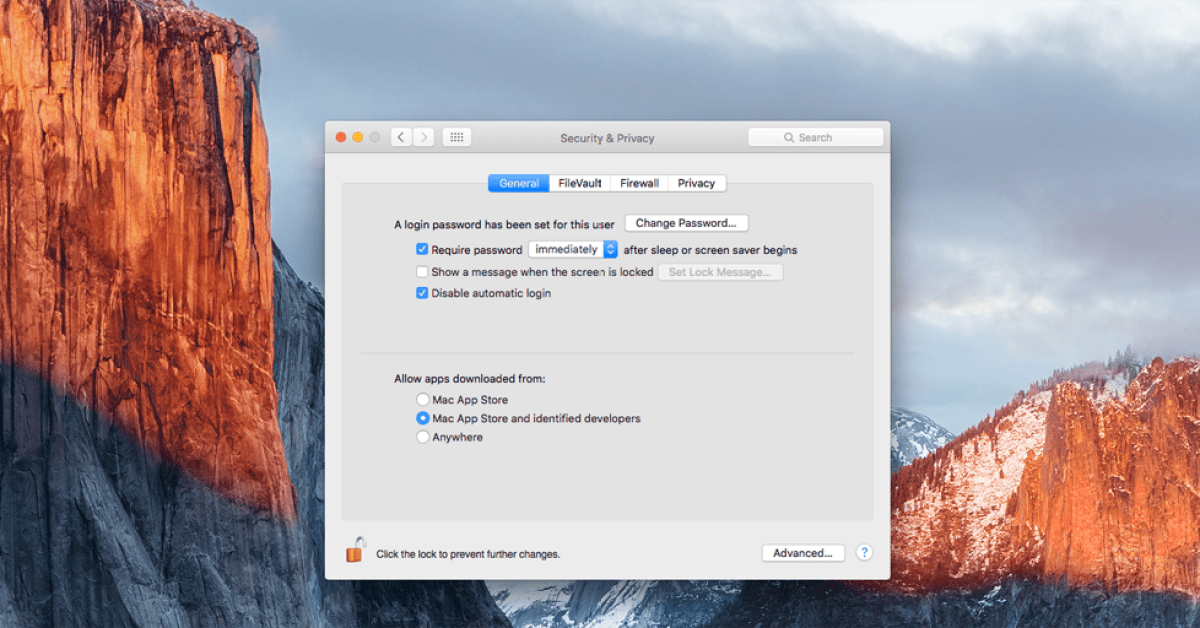- Jun 5, 2019
- 8
- 1
- 15
So, I've been experiencing something weird.
Safari has downloaded a random ZIP file twice so far. The download was made while browsing Facebook and WhatsApp respectively. The ZIP file is called 2018-2019.zip and contains an alias. I did not open the alias file, however, the properties window says the original file is in /net/nfsdelivery.duckdns.org/nfs/2018-2019. I tried to find information on the web about this but found nothing.
I have only one extension installed, Adguard. Which I've been using for years now without a single problem.
I'm running MacOS High Sierra 10.13.6 on a MBP late 2012.
I just don't get it. Maybe I got infected with Malware or spyware somehow?
Thanks in advance.
Safari has downloaded a random ZIP file twice so far. The download was made while browsing Facebook and WhatsApp respectively. The ZIP file is called 2018-2019.zip and contains an alias. I did not open the alias file, however, the properties window says the original file is in /net/nfsdelivery.duckdns.org/nfs/2018-2019. I tried to find information on the web about this but found nothing.
I have only one extension installed, Adguard. Which I've been using for years now without a single problem.
I'm running MacOS High Sierra 10.13.6 on a MBP late 2012.
I just don't get it. Maybe I got infected with Malware or spyware somehow?
Thanks in advance.




